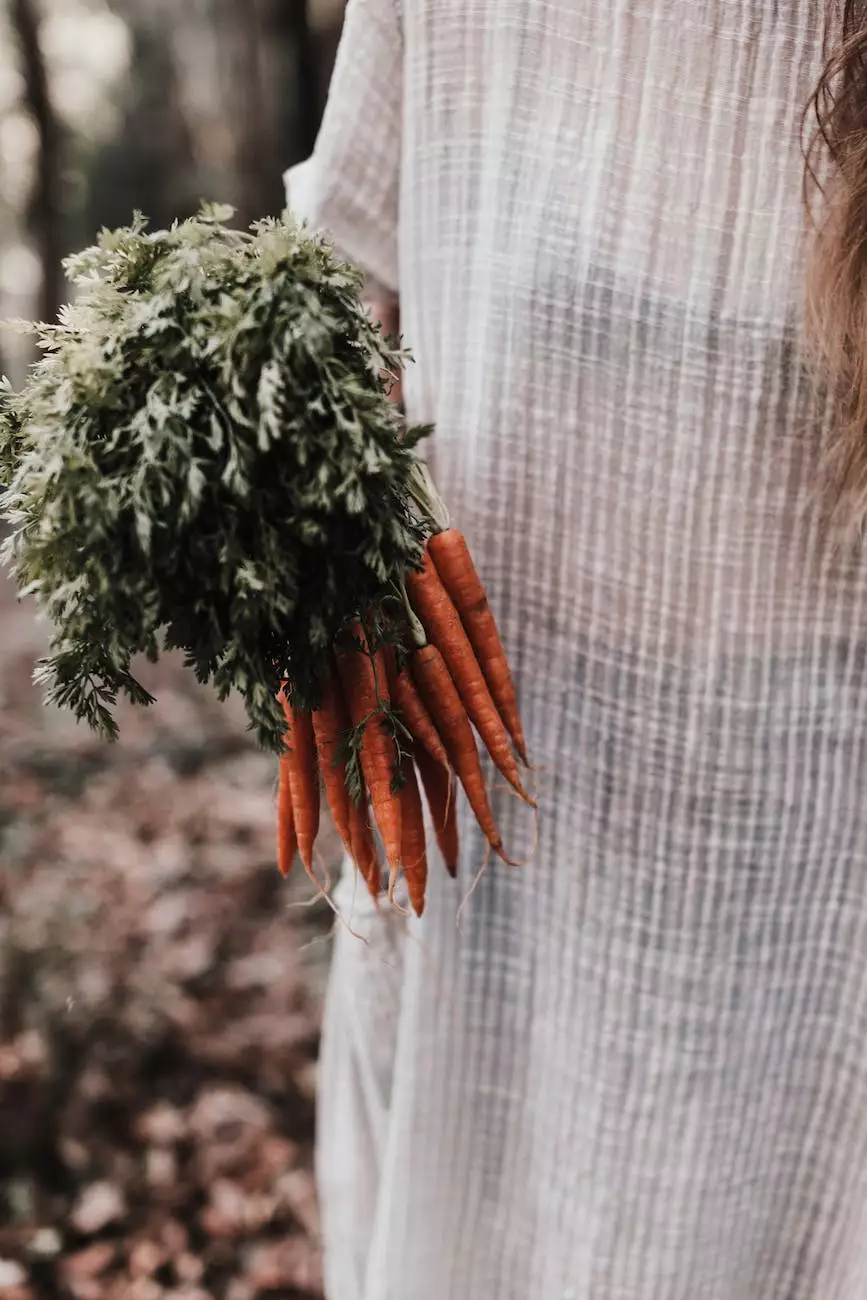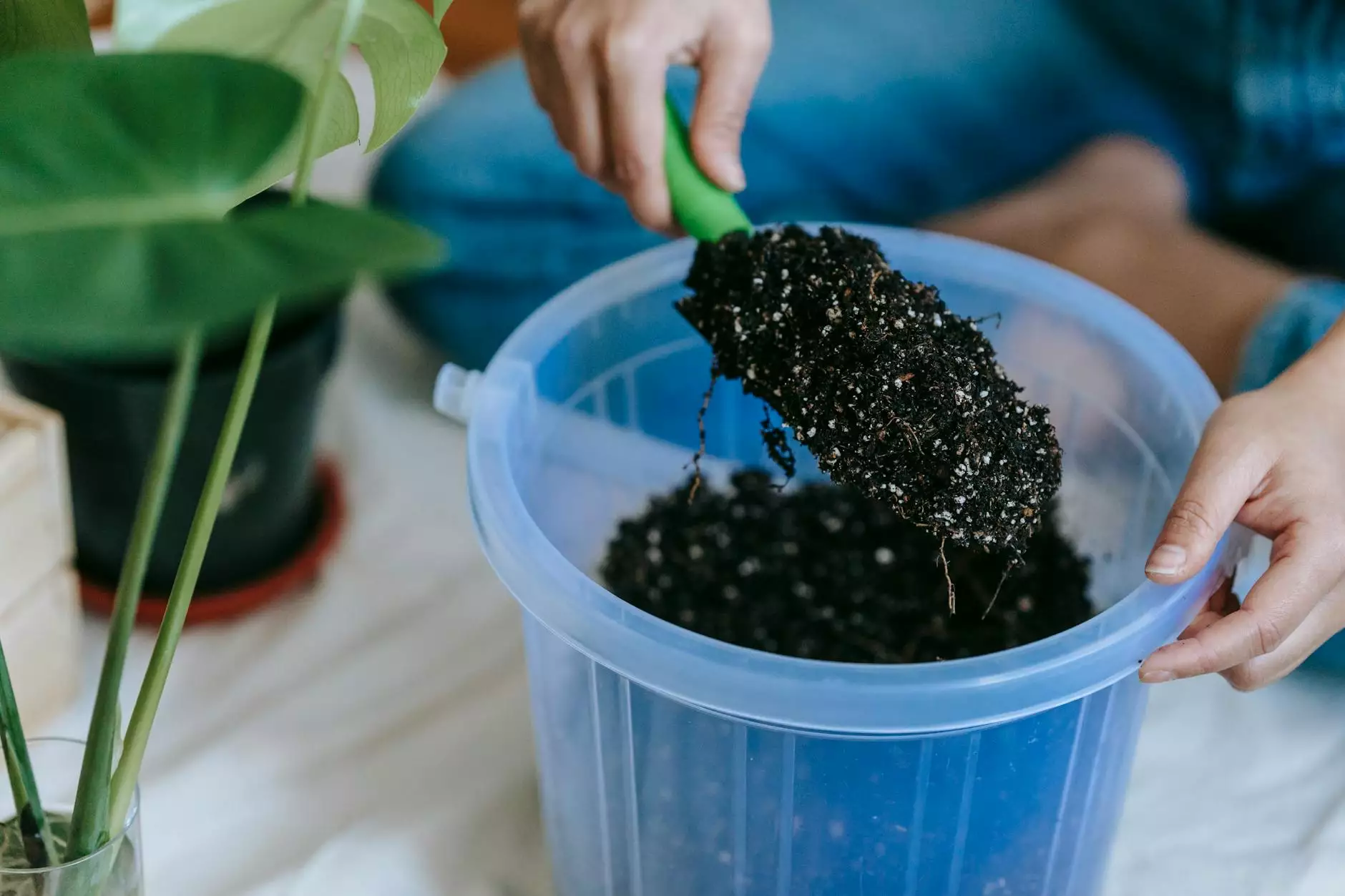Root Aphids and How to Kill Them - Cultivate Colorado
Pest Control
About Root Aphids
Root aphids are a common pest found in indoor and outdoor gardens, causing significant damage to plants and impeding their growth. These small, soft-bodied insects feed on the roots of plants, depriving them of essential nutrients and water.
Identifying root aphids can be challenging as they are not easily visible to the naked eye. However, the presence of sticky honeydew, yellowing leaves, stunted growth, and wilting plants are signs of a root aphid infestation.
The Dangers of Root Aphids
If left untreated, root aphids can quickly multiply and spread throughout your garden, causing widespread damage. These pests have a high reproductive rate, allowing them to quickly establish large colonies and infest multiple plants.
Root aphids weaken plants by inhibiting their nutrient absorption capacity, leading to reduced vigor, poor growth, and overall decline. In severe cases, the infestation can be fatal for your plants.
How to Identify Root Aphids
Identifying root aphids requires careful observation. Here are some key characteristics and signs to look for:
Physical Appearance
- Root aphids are tiny, usually measuring around 1-2mm in length.
- They are usually light green, brown, or black in color.
- Their bodies are soft and pear-shaped.
Signs of Infestation
- Yellowing or discolored leaves, particularly at the bottom of the plant.
- Sticky honeydew, which attracts ants and can lead to the growth of sooty mold.
- Roots that appear mushy, discolored, or have a cottony texture.
- Slowed growth and wilting, despite proper care and watering.
Preventing Root Aphid Infestations
Preventing root aphids is crucial to maintain a healthy garden. Here are some preventive measures to consider:
Cultivate Healthy Plants
Start with healthy plants from reputable sources. Inspect them thoroughly before bringing them into your garden to avoid introducing pest infestations. Plants that are stressed or weakened are more susceptible to root aphids.
Maintain Clean Growing Environment
Keep your garden clean and tidy to minimize the chances of infestations. Remove plant debris and fallen leaves regularly, as they can harbor pests. Ensure proper air circulation and avoid overcrowding plants, as it creates an ideal environment for pests.
Regularly Inspect Plants
Regularly inspect your plants, both above and below the soil surface, for signs of pests or abnormalities. Early detection allows for prompt action, preventing a small infestation from becoming a major problem.
Controlling and Eliminating Root Aphids
When it comes to root aphid control, taking immediate action is crucial to protect your plants. Here are some effective methods:
Biological Control
Introduce natural enemies of root aphids such as predatory nematodes, ladybugs, or lacewings. These beneficial insects can help keep aphid populations in check.
Use Insecticidal Soaps and Oils
Insecticidal soaps or oils can be used to control root aphids. They work by suffocating and disrupting the pests' ability to feed. Follow the instructions provided by the product manufacturer for safe and effective usage.
Neem Oil
Neem oil is a natural and eco-friendly solution for aphid control. It not only kills aphids but also acts as a repellent. Dilute neem oil according to the instructions and apply it to the affected plant parts.
Systemic Insecticides
In severe infestations, systemic insecticides can be used. These chemicals are absorbed by the plant and kill aphids when they feed on the roots. Consult a professional or follow the product instructions for safe and proper usage.
Conclusion
Root aphids can be a troublesome pest, but with proper knowledge and proactive measures, you can effectively control and eliminate them from your garden. Regular monitoring, prevention, and timely intervention are key to maintaining healthy plants and a thriving garden.
At Grow Your Own, we understand the challenges faced by gardeners when it comes to pest control. Our mission is to provide you with the best resources, products, and advice to help you succeed in your gardening endeavors. Explore our website for more tips, products, and gardening essentials in the eCommerce & Shopping category.
© 2022 Grow Your Own. All rights reserved.




